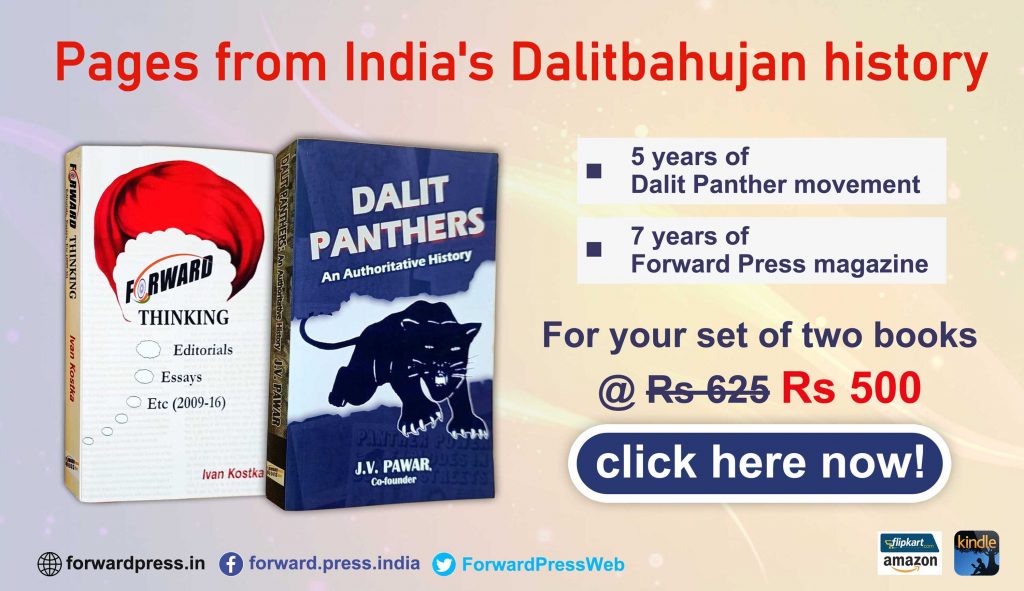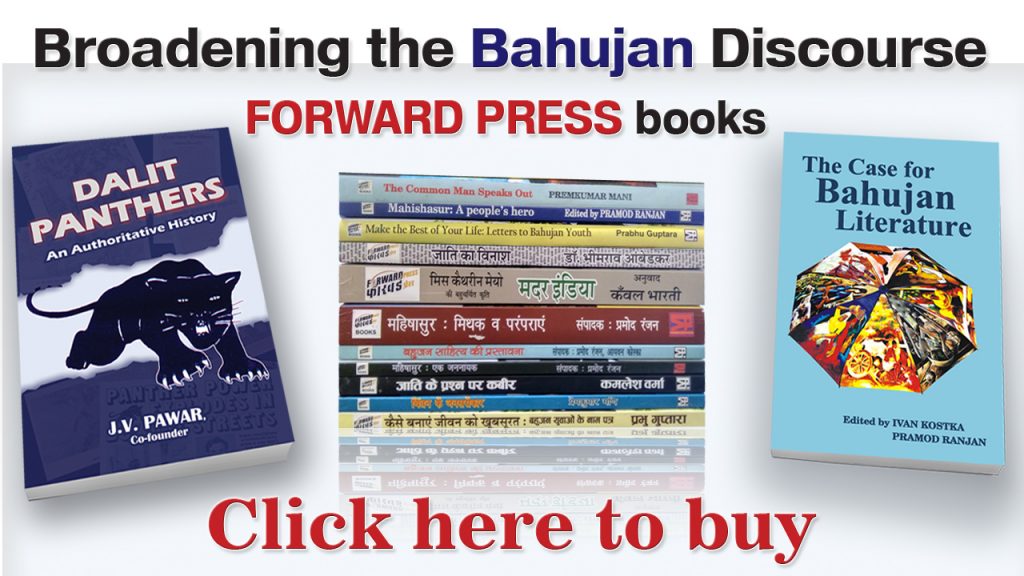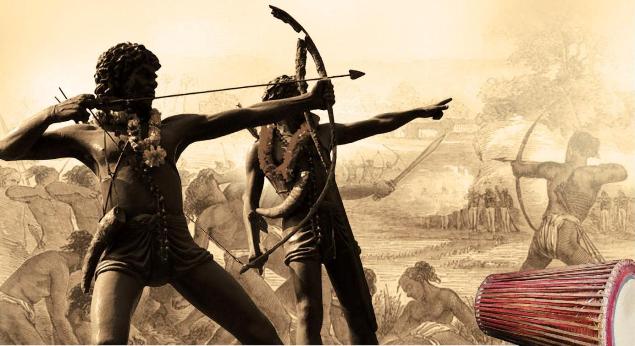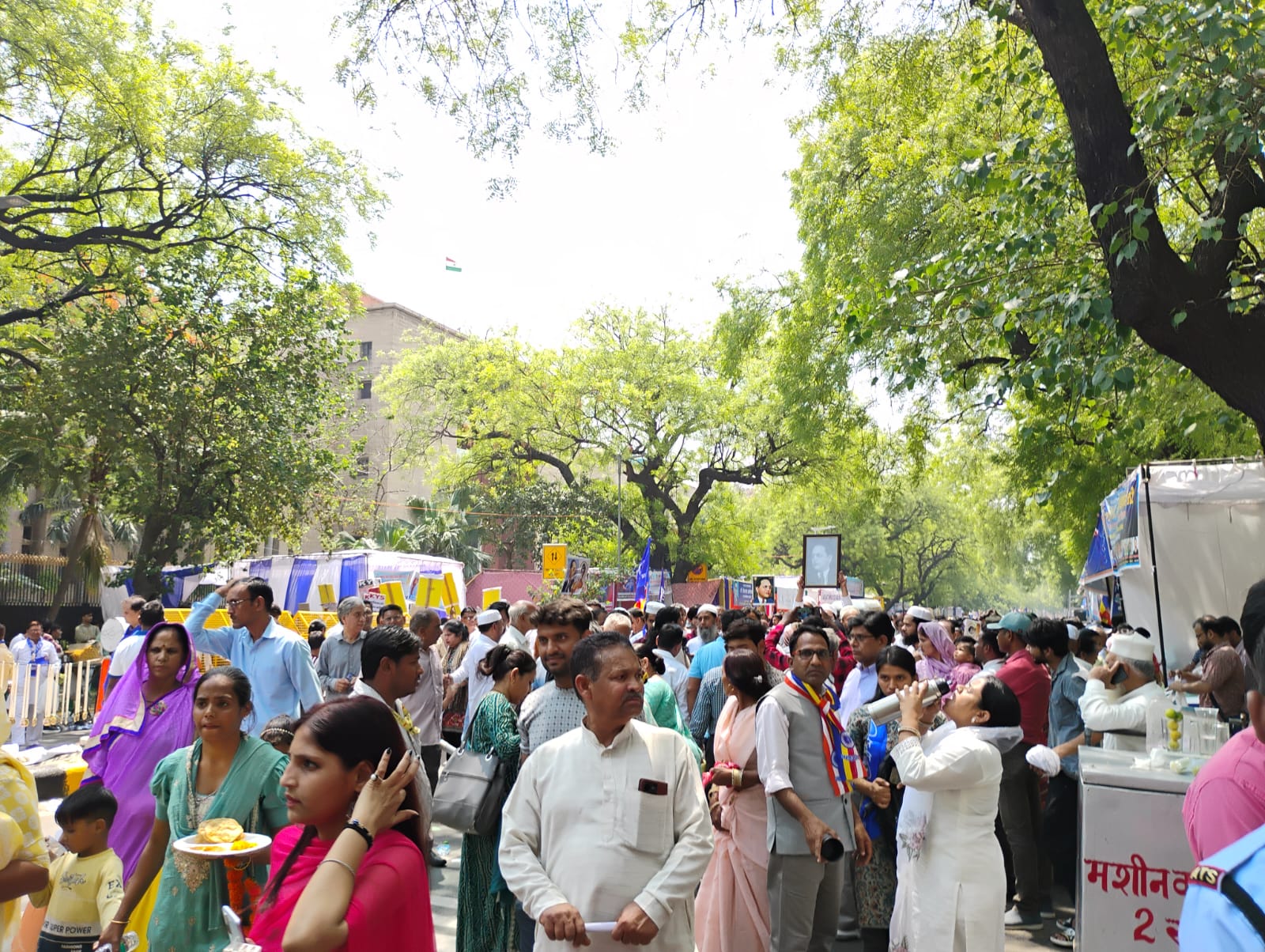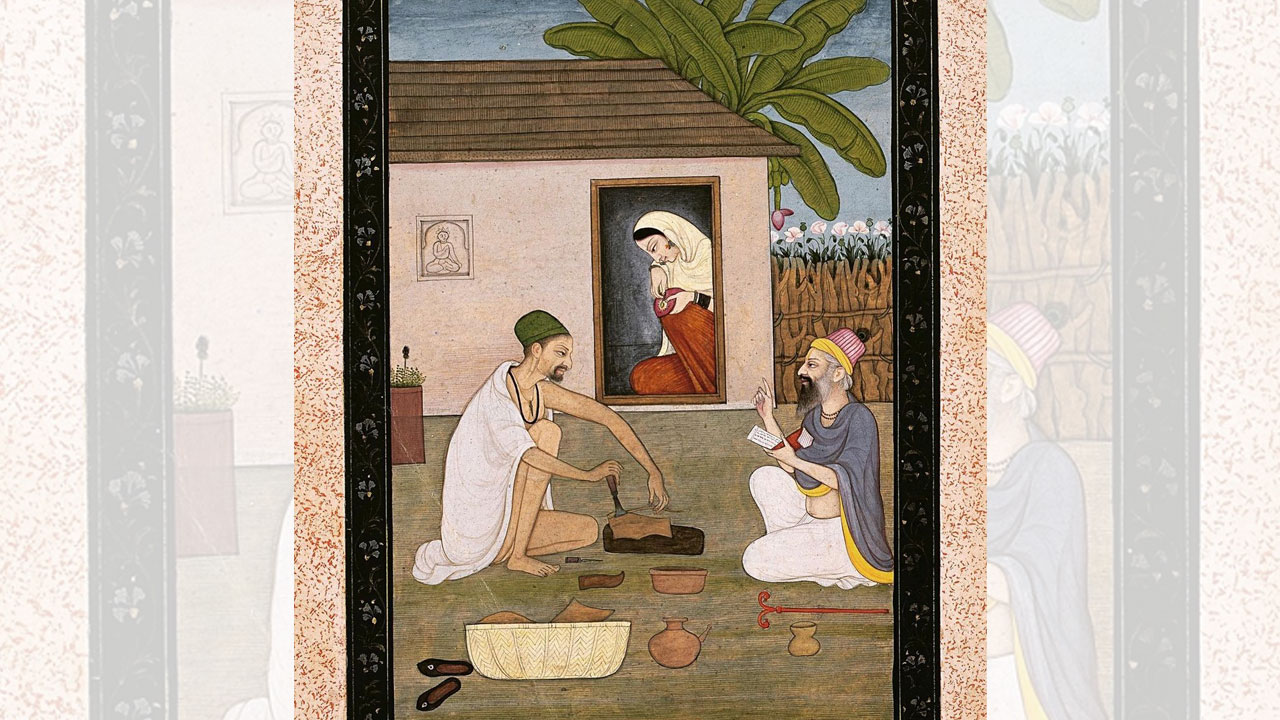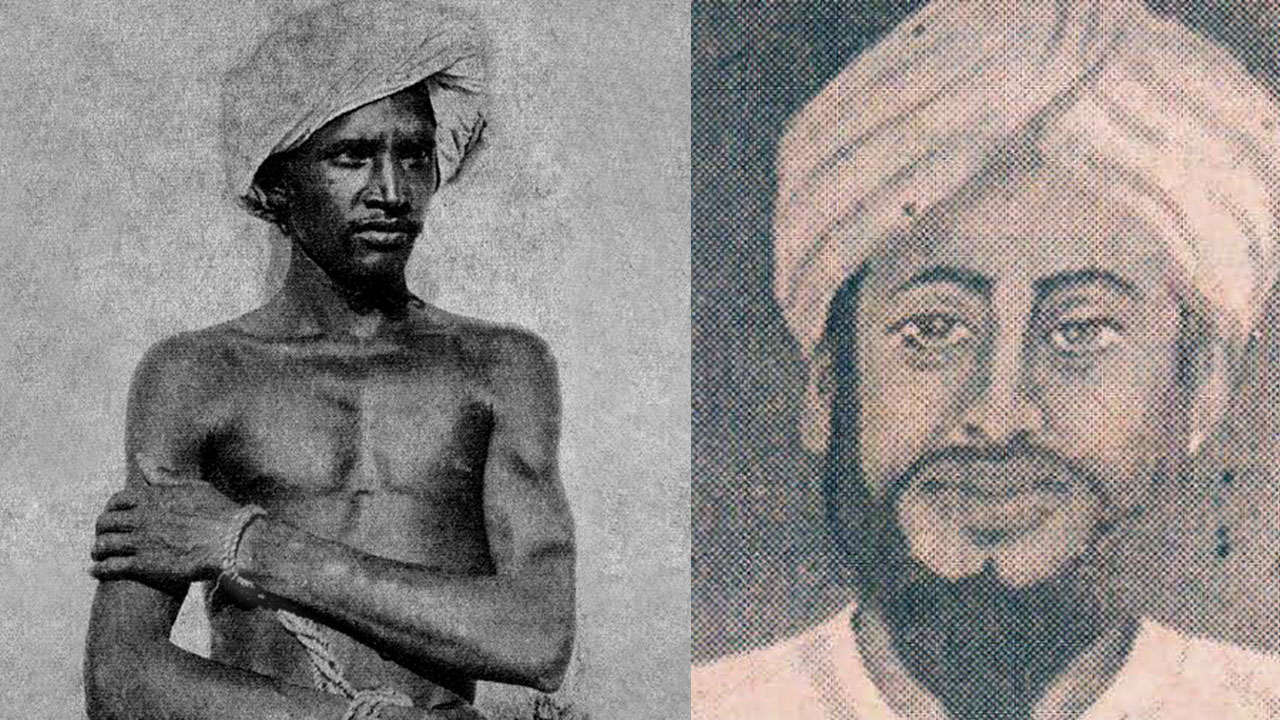Should the identity of the backward classes have a new name?
Why are the ‘backward classes’ backward? The terms ‘backward classes’ and ‘OBC’ indicate the present situation of these castes that make up the overwhelming majority of this nation but they don’t tell the history of how this came to be. Perhaps, the word ‘Shudra’ does. The authors of the brahmanical scriptures coined this word and showed these industrious people their place in society. The word encapsulated the authors’ contempt for both these people and their way of life – industry and artisanship, both of which propel a society and a nation forward – and sanctioned their subjugation and exploitation. But would they want to be known by a name their oppressors gave them just so that they could be enslaved from generation to generation? Wouldn’t they prefer a name of their choosing – like the former Untouchables chose the word ‘Dalit’ for themselves? We invite you to participate in this discourse and send in your articles to editor@forwardpress.in This discourse was flagged off by Kancha Ilaiah Shepherd with his article Not OBC Backwards and non-OBC Backwards but Shudras. Here is one of the foremost Dalit critics and author Kanwal Bharti’s take on the issue:
In his article that launched this discourse, Kancha Ilaiah Shepherd has urged the backward castes to embrace their Shudra identity and forge strong cultural bonds among themselves. On the face of it, this seems to be a good idea. But this also raises some theoretical as well as practical issues that deserve reflection. The question of who are the Shudras is not difficult to answer. All those who are not Brahmins, Kshatriyas or Vaishyas, are Shudras. That there are only four Varnas is undisputed and given this fact, even the Kayasthas are Shudras.
This is not the place to dwell on why the creators of the Varna system classified the toiler castes of India as Shudras and why they blocked their progress and growth and kept them backward. Should the backward castes adopt the “Shudra” identity? Would this forge cultural unity among them? I believe this would be suicidal. Let alone building cultural unity, the adoption of the Shudra identity would not even create social equality. In fact, accepting Shudra identity would be tantamount to accepting the unscientific, anti-human-dignity and nonsensical Varna system. Acceptance of the Shudra identity would imply the backward castes accepting their lower status in society. And that, in turn, would mean that they would have to adhere to the norms prescribed for the lower rungs of society by the brahmanical order.
I don’t think this identity would enhance their dignity. Why does Kancha Ilaiah bat for Shudra identity? His concerns are political. He contends that the Rashtriya Swayamsevak Sangh (RSS) and the Bharatiya Janata Party (BJP) have eliminated the Shudras from the State-power discourse. Only the Brahmins and the Kshatriyas figure in this discourse. To keep the Shudras on the margins, they ensure that the reins of power are in the hands of either the Brahmins or the Kshatriyas. He says that the RSS gave the chief ministership of Uttar Pradesh to a Thakur, Yogi Adityanath, who got the chief minister’s official residence washed with Gangajal as it was earlier occupied by Akhilesh Yadav and that the RSS did not criticize the act. In Rajasthan, it installed Vasundhara Raje, a Kshatriya woman, as chief minister more than once and in Haryana, it appointed Manoharlal Khattar as head of the government to keep the Jats out of power. In Maharashtra, Devendra Fadnavis, a Brahmin, was picked for the top post to impede the rise of the Shudras. Kancha says, “All these Dwij leaders coming to power is part of the promotion of varnadharma parampara by the RSS/BJP at the cost of the Shudra/Dalit majority communities.” He argues that as the producer class, the Shudras should have a place in all national discourses.
There is no doubt all nation-building discourses are State-power discourses and the Shudras have been pushed out of them. Kancha proffers another argument, too. He writes, “When, in 2014, the Bharatiya Janata Party (BJP) came to power at the Centre with a strong theoretical foundation for promoting ancient Sanskrit text-based traditions (parampara) and Varna dharma ideology in pedagogy, the paradigm completely shifted. In the Sanskritic discourse of the BJP and its parent organization, the Rashtriya Swayamsevak Sangh (RSS), the Shudras would not be visible at all. The whole ancient Sanskrit literature talks about Kshatriya kings and Brahmins saints. The Shudra producers who built the Indian economy from the days of the Harappan city civilization would have no place in the national discourse. They may just allow some discourse on Dalits but exclude all reference to the Shudra food producers and artisans. They want to drop the word Shudra from the Indian dictionary.”
Also Read: Not OBC Backwards and non-OBC Backwards but Shudras
I don’t think the word “Shudra” will vanish from the Indian dictionary. It will last as long as the history of Hindu religion and civilization survives. But what Kancha Ilaiah describes as national discourse is actually the discourse of brahmanical power wielders. Not only the Shudras but also the Vaishayas are on the margins of this discourse. Although only the Dwijs figure in the brahmanical State-power discourse on the concept of Hindu Rashtra, even its protagonists won’t be able to ignore Shudras as far as sharing of power in our democratic setup is concerned. Of course, they would pick only such Shudras who, like Kalyan Singh, Vinay Katiyar, Uma Bharti and Narendra Modi, would embellish the glory of the Brahmins. Lest we forget, the RSS has its captive OBC (Other Backward Classes), Dalit and Muslim leaders, who, while not being a part of the brahmanical State-power discourse, are indispensable for it. The RSS-BJP knows that the Hindu Rashtra can become a reality only if the Constitution is amended or abandoned – and they are working in that direction. But they cannot obliterate democracy from this land – at least not now.
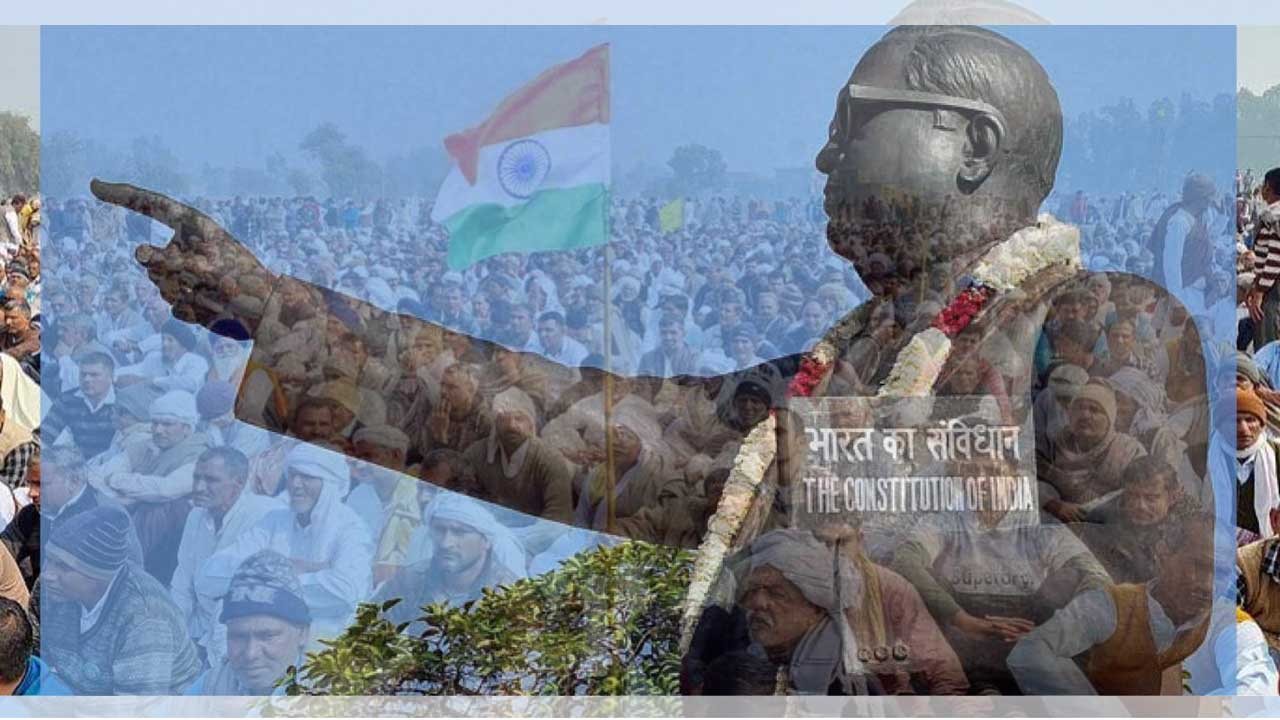
Kancha’s doubts are not misplaced but they don’t warrant concern. To begin with, the word Shudra finds no mention in the Constitution, which addresses the Shudras, while leaving out a few dominant castes among them and including a few Dwij castes, as Socially and Educationally Backward Classes (popularly known as OBC) – a term which has become part of the political discourse. There are central and state backward classes commissions. It is of course a matter of concern that the advancement of backward classes is not a priority of the RSS-BJP discourse. Advancement of the Dwijs is their main priority. Under their dispensation, the Dwijs dominate the government, the administration and the economic realm and the backward castes are on the margins. In the RSS-BJP scheme of things, the backward castes have to be relegated to the lower rungs of the societal hierarchy in keeping with the Hindutva’s Varna Dharma. They would be inducted into the Hindutva camp with the limited purpose of whipping up frenzy on issues like Ram Temple and for furthering their Hindu-versus-Muslim narrative. Barring a few, the backward castes lack political consciousness. They have been turned into proponents of Hindutva. The RSS-sponsored Hinduization of the backward castes has made them BJP supporters. The development of political consciousness among them has been stalled, thus blocking their social and economic progress. They lag behind in education and in other fields. It is this backwardness of the OBCs that lends political strength to the BJP.
In a democracy, all sections of the people should be allowed to have a voice and also an equal opportunity to realize their full potential. Where do the Shudra castes stand in this respect? This, I think, should be the topic of discussion. As far as the identifier goes, “Bahujan” is more dignified than “Shudra”. It is more meaningful in terms of not only social and cultural unity but also political consciousness.
(Translation: Amrish Herdenia; copy-editing: Anil)
Forward Press also publishes books on Bahujan issues. Forward Press Books sheds light on the widespread problems as well as the finer aspects of Bahujan (Dalit, OBC, Adivasi, Nomadic, Pasmanda) society, culture, literature and politics. Contact us for a list of FP Books’ titles and to order. Mobile: +917827427311, Email: info@forwardmagazine.in)
The titles from Forward Press Books are also available on Kindle and these e-books cost less than their print versions. Browse and buy:
The Case for Bahujan Literature
Dalit Panthers: An Authoritative History
